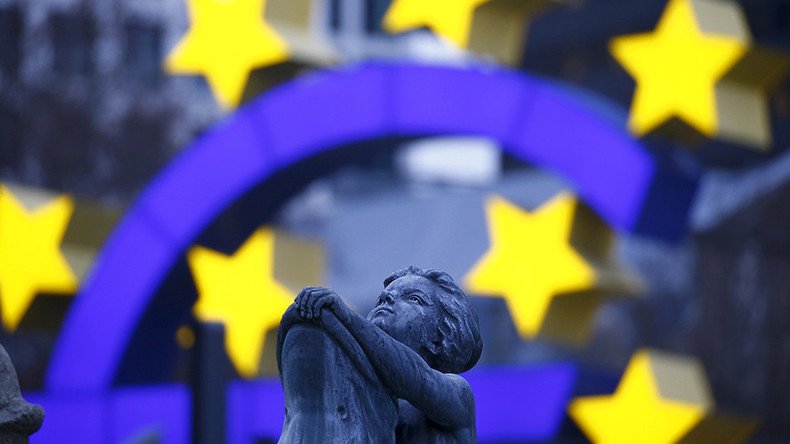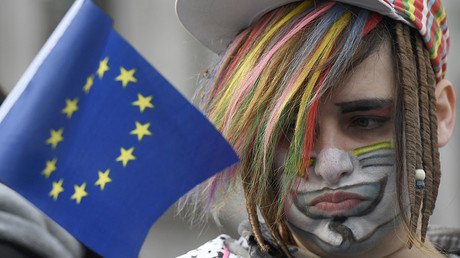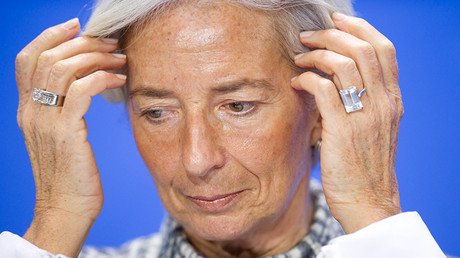Europe considers getting rid of IMF and creating own fund

Relations between Europe and the International Monetary Fund (IMF), which have carried out several bailout programs together, may change dramatically as the eurozone intends to replace the fund's presence in bailouts.
The European Commission plans to give more responsibility to the European Stability Mechanism (ESM) which helps eurozone countries to borrow money. The ESM will monitor and enforce compliance with bailout programs while continuing to disburse funds.
"The euro area is more resilient now than in years past… I believe the ESM should now progressively graduate into a European Monetary Fund which, however, must be firmly anchored in the European Union's rules and competences," Jean-Claude Juncker, European Commission president, told lawmakers in September.
Analysts say by creating its own IMF the eurozone will deepen links within the union and thereby become more resilient to financial shocks. The move would also make Europe independent from the IMF each time a euro currency country needs financial rescue.
The eurozone wants to build up its own "firefighter" for potential future sovereign crises, chief economist at ING, Carsten Brzeski told CNBC.
"An EMF (European Monetary Fund) would also leave eurozone problems to be solved by the eurozone and not by outsiders," he said.
The ESM could act as a fiscal authority on the countries of the euro, experts claim. Given the fact it will be inter-governmental and free from political interference, the fund could be the answer to Germany's call to see European fiscal rules applied effectively, they add.
"They worry the commission is likely to be unwilling to push member states hard enough when they break the rules. The EMF would be less afraid of being unpopular and so more willing to impose discipline," said Erik Jones, professor of European studies at John Hopkins University.
The eurozone and the IMF had significant policy differences during the Greek crisis and are still at loggerheads over the issue. The IMF urged European creditors to "be far more specific" in their commitment to a debt relief package for cash-strapped Greece while some eurozone governments wanted the fund to participate in the country’s third bailout for credibility reasons.













